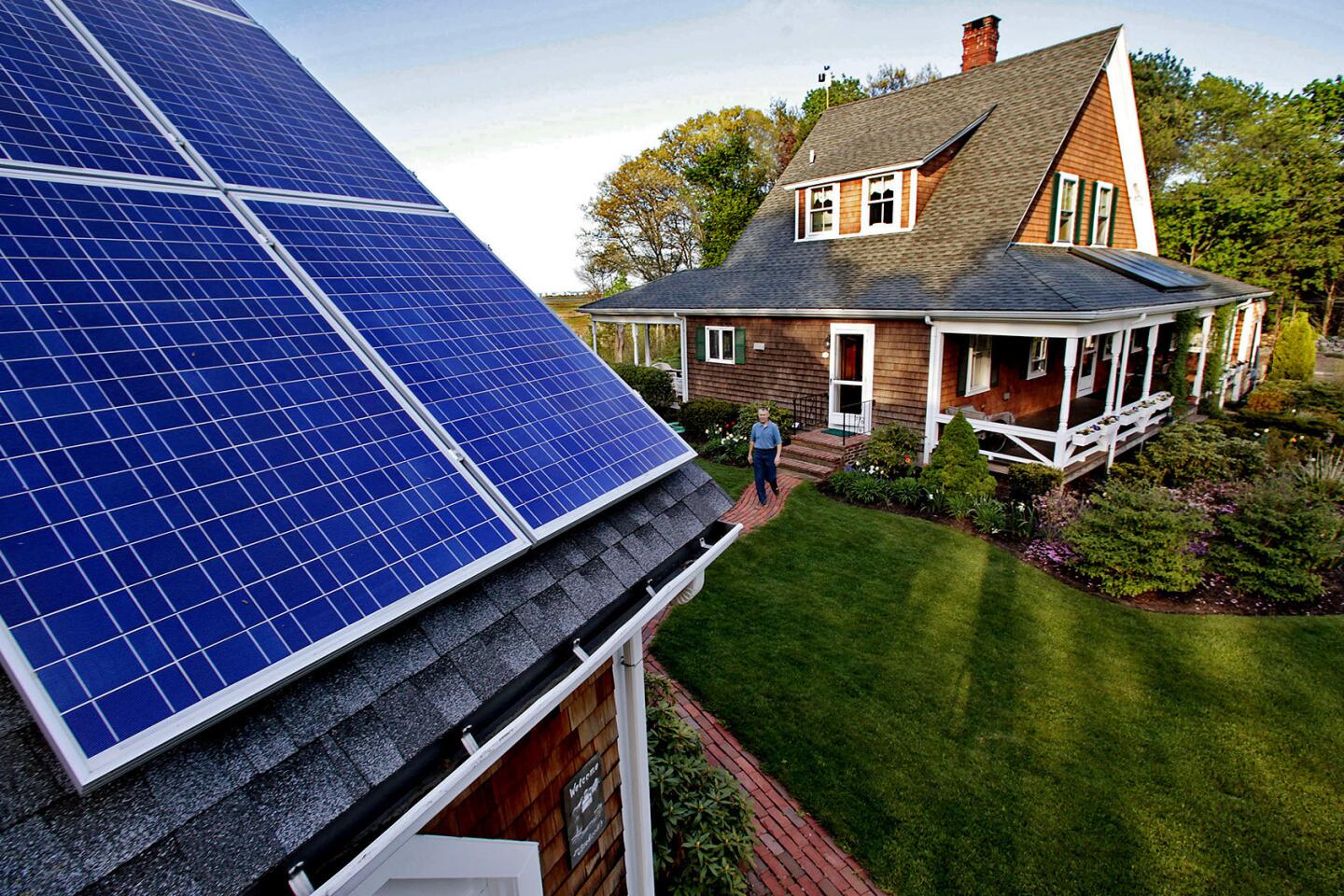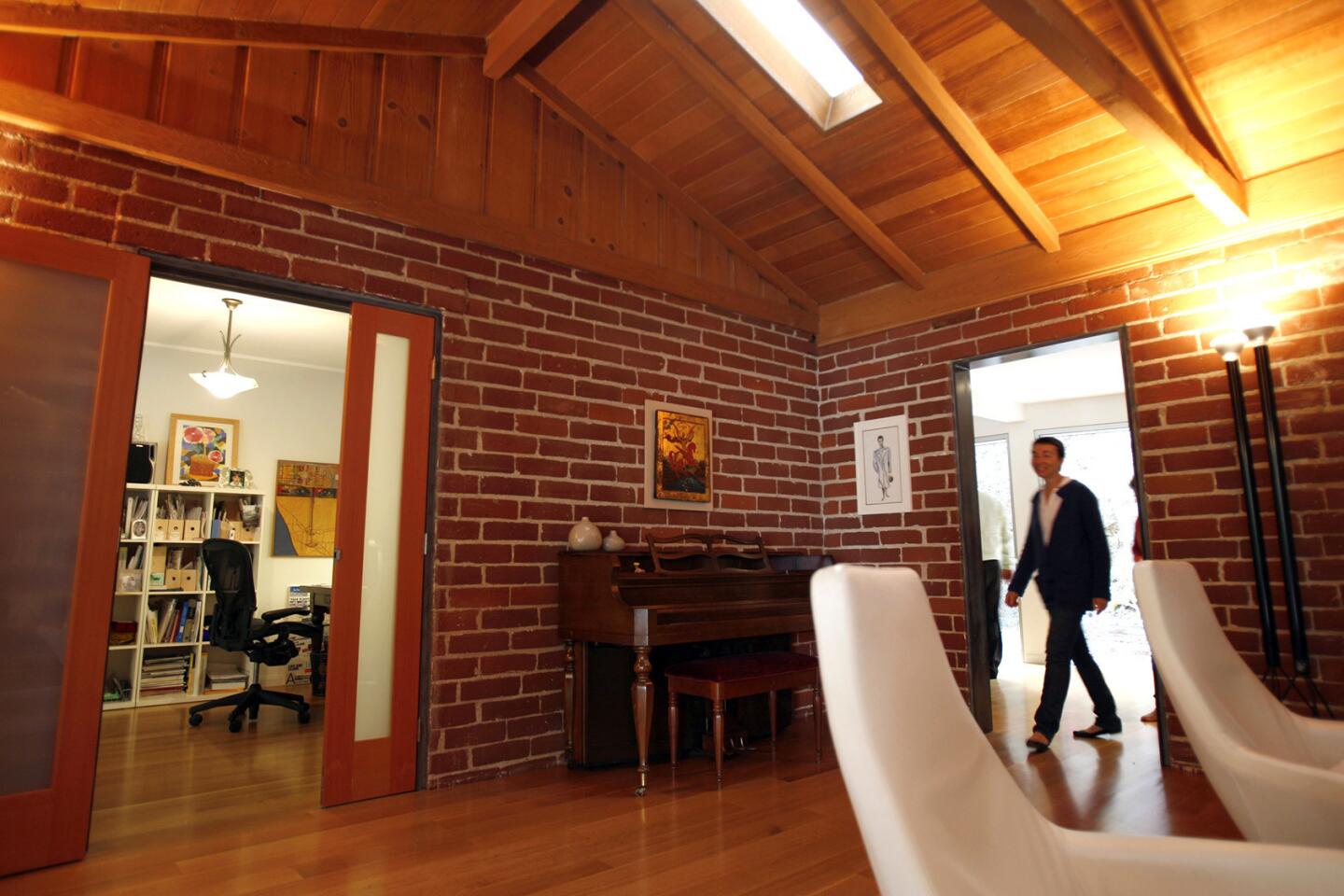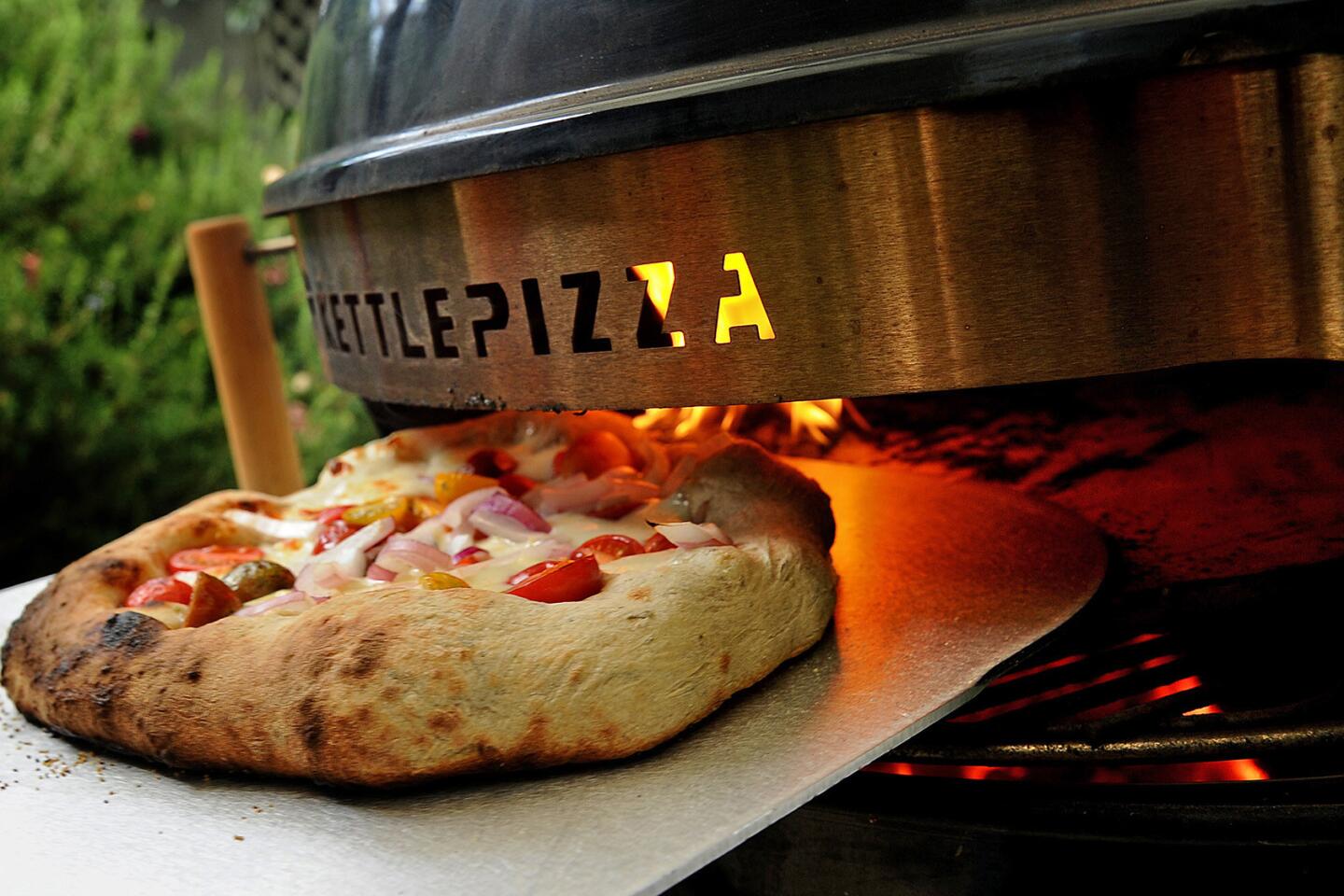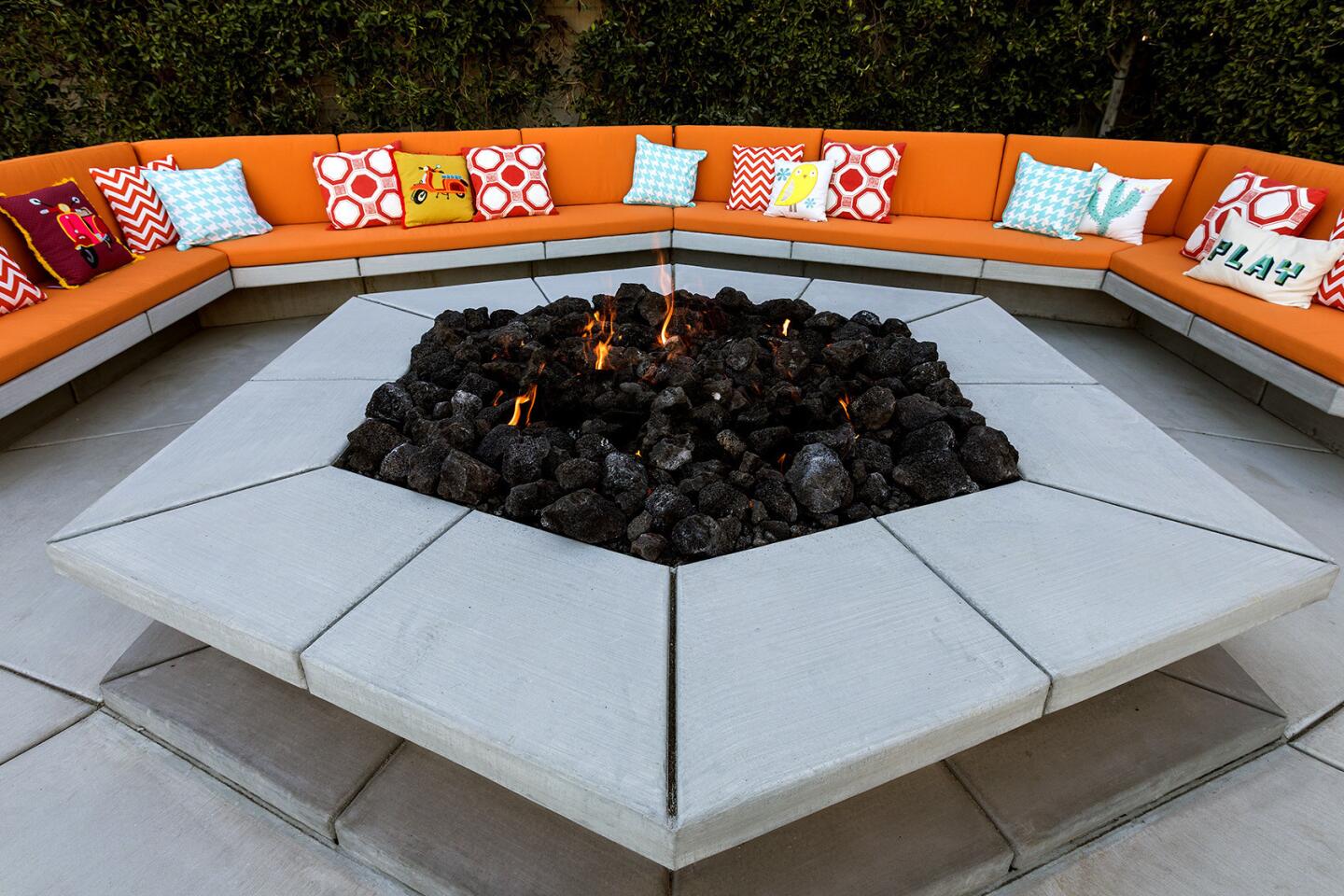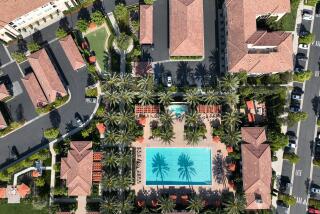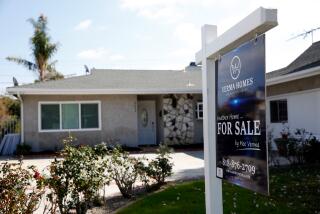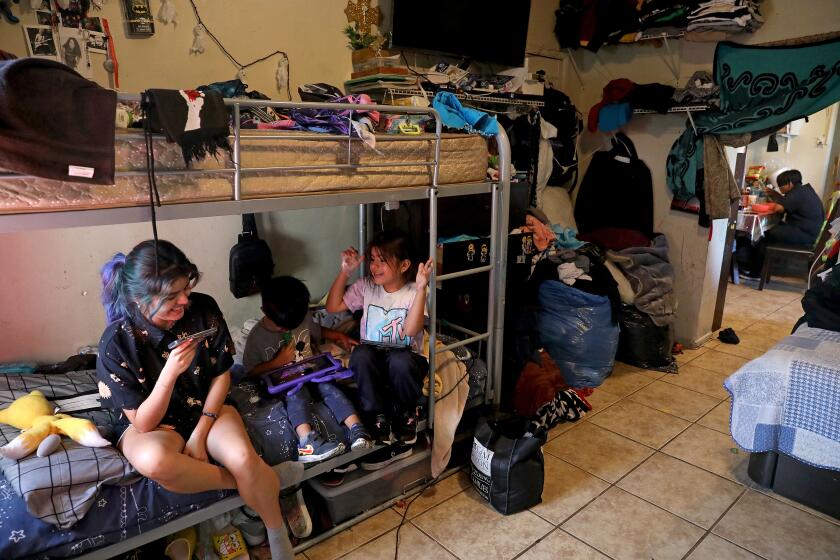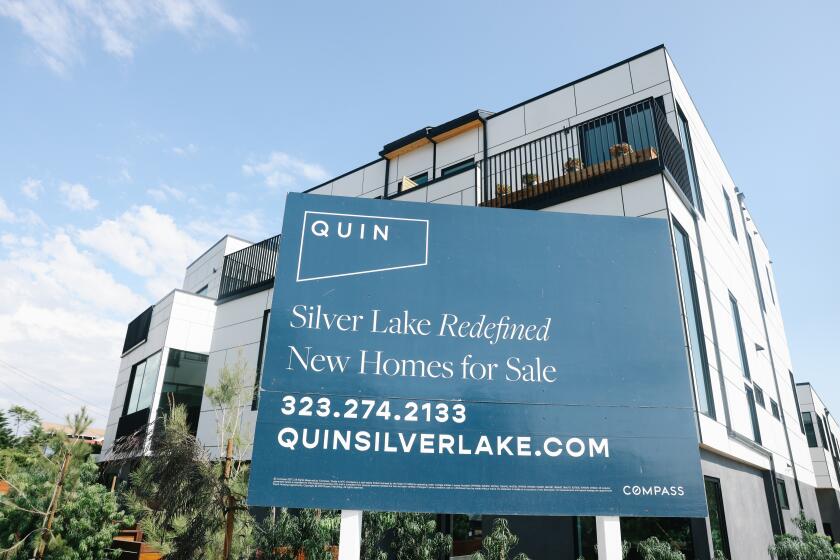How the right words in listings can boost a home’s sales price
In real-estate listings, certain words (beautiful, captivating) and features (pizza oven, farmhouse sink) can swing a home’s sale price by thousands of dollars, according to research conducted by the real-estate firm Zillow.
Crafting verbiage for a listing is all about making a home seem unique –– just don’t use that word. It can slash a home’s price by 30% to 50%, according to a Zillow analysis of 24,000 sales published in “Zillow Talk: The New Rules of Real Estate Language.”
“Unique” and other “price-threatening messages” convey the idea that homes “tend to need work, or some kind of rehab,” according to the book’s co-authors.
On the other hand, the words “beautiful” and “captivating” can boost sales by 2.3% and 6.5%, respectively.
Words and sales prices are “not necessarily a causational situation,” said Matt Kreamer, Zillow’s manager of data public relations. “It’s a bit of a chicken-and-egg question. But an agent can take some of this information when considering the best things to highlight.”
Indeed, crafting evocative language is perhaps a neglected skill in an era when homes can be bought sight unseen following a FaceTime or Skype walk-through.
Does your home have a steam shower or heated floors? If so, mention that near the top of a listing; including either feature earned sellers a 29% higher sales price than listings without them, according to Zillow’s analysis of 3.6 million home sales between 2016-2017.
The words “professional appliances” also ranked as high, and “pizza oven” served up some serious dough –– 26% more.
Advances in text-mining software have made word analysis of millions of listings comparatively easy. To be more specific in its study of 100 listing terms from 2016-2017 listings, Zillow compared similar listings within certain variables such as the year homes were built and sold, as well as property size and other factors.
In a separate study, different features scored better or worse when matched with price points. Listings that included “solar panel” sold for up to 40% more than expected among entry-level homes but only 13% more among higher-tier homes. The RealEstate.com study (a Zillow Group brand) analyzed 1.9 million home sales between 2016 and 2017.
The words “fire pit,” “wainscot,” “pergola” and “mudroom” fetched entry-level homes about a 25% premium. For top-tier homes, that advantage dropped to as low as 4%.
Words may also speed up sales: Homes with “exposed brick” in listings sold two weeks faster in 2016-2017 than those that excluded the descriptor. Other sale-speeding citations — “subway tile,” “open shelving” and “mid-century.”
Of course, such components actually need to exist within those homes. Fudging descriptions in listings only annoys potential buyers.
While Zillow associated an 8% premium increase with the word “luxurious,” some marketers believe the adjective is passé.
“It’s so overused by the real-estate industry,” said Mike Akerly, vice president of the San Francisco-based real estate sales and marketing firm Polaris Pacific. ‘“Luxury’ is used to sell $700,000 homes in the suburbs, to $2,000 rental apartments off the 405 freeway.”
Instead, some sellers employ language that merely suggests luxury to today’s homebuyer, without saying the word. For example, targeting a niche audience by touting an app that automates all home functions.
The marketers of condominiums in Ten50, a downtown Los Angeles residential tower, said they wanted to mimic the “style, swagger and wit” of a luxe fashion magazine in their sales brochure.
Fashion models — one eating at a food truck, another simply looking cool striding around downtown — parade through the lustrous pages.
The copy mentions “the first-ever delivery-ready drone landing pad” (“Place an order. Watch it land.”).
As many real estate listings would describe it: luxury, redefined.
